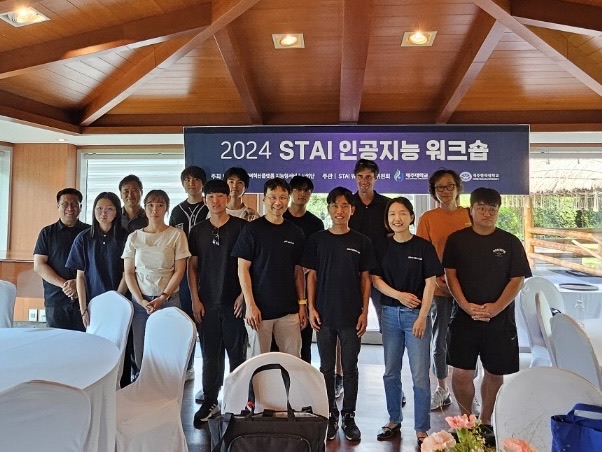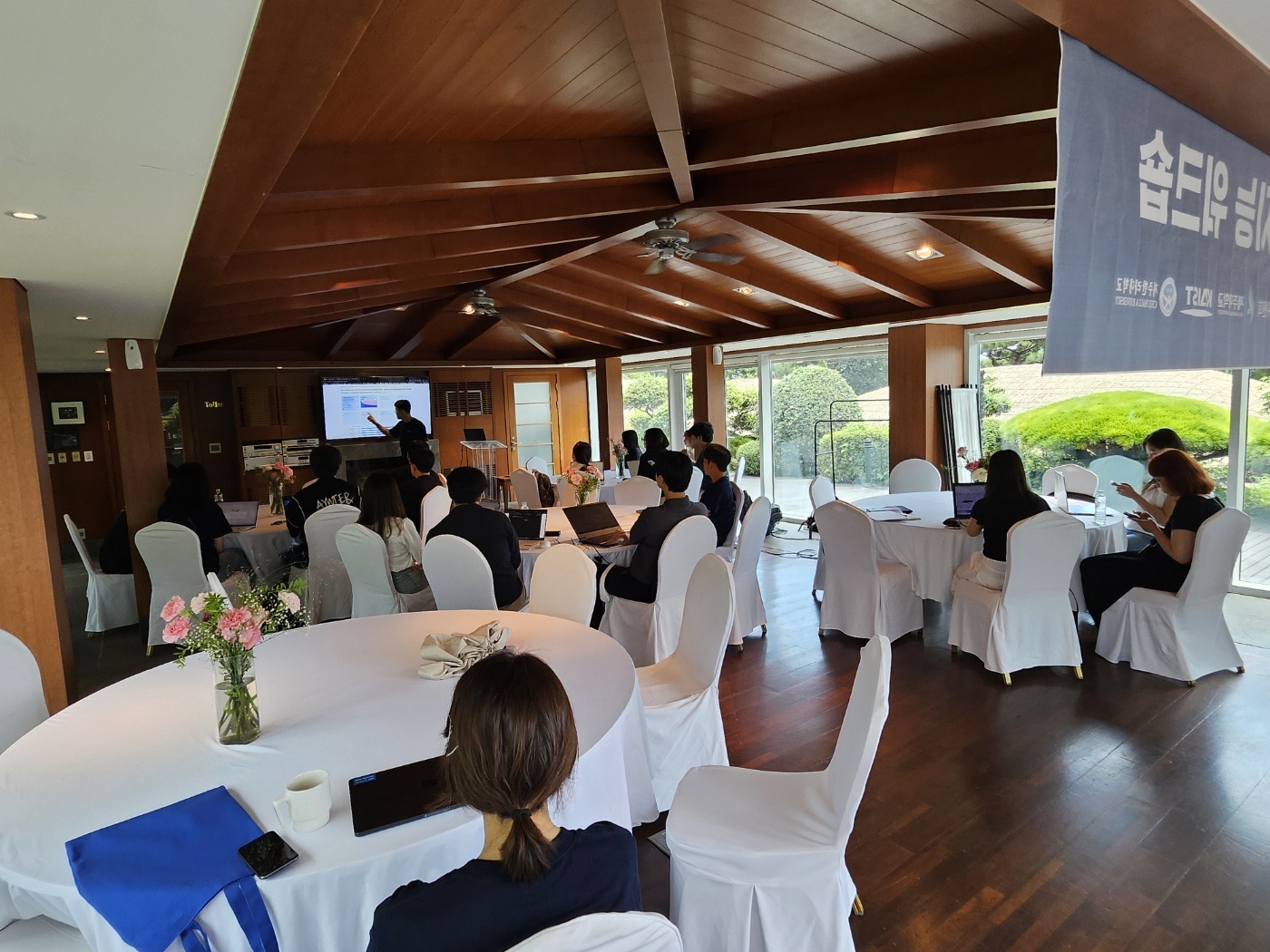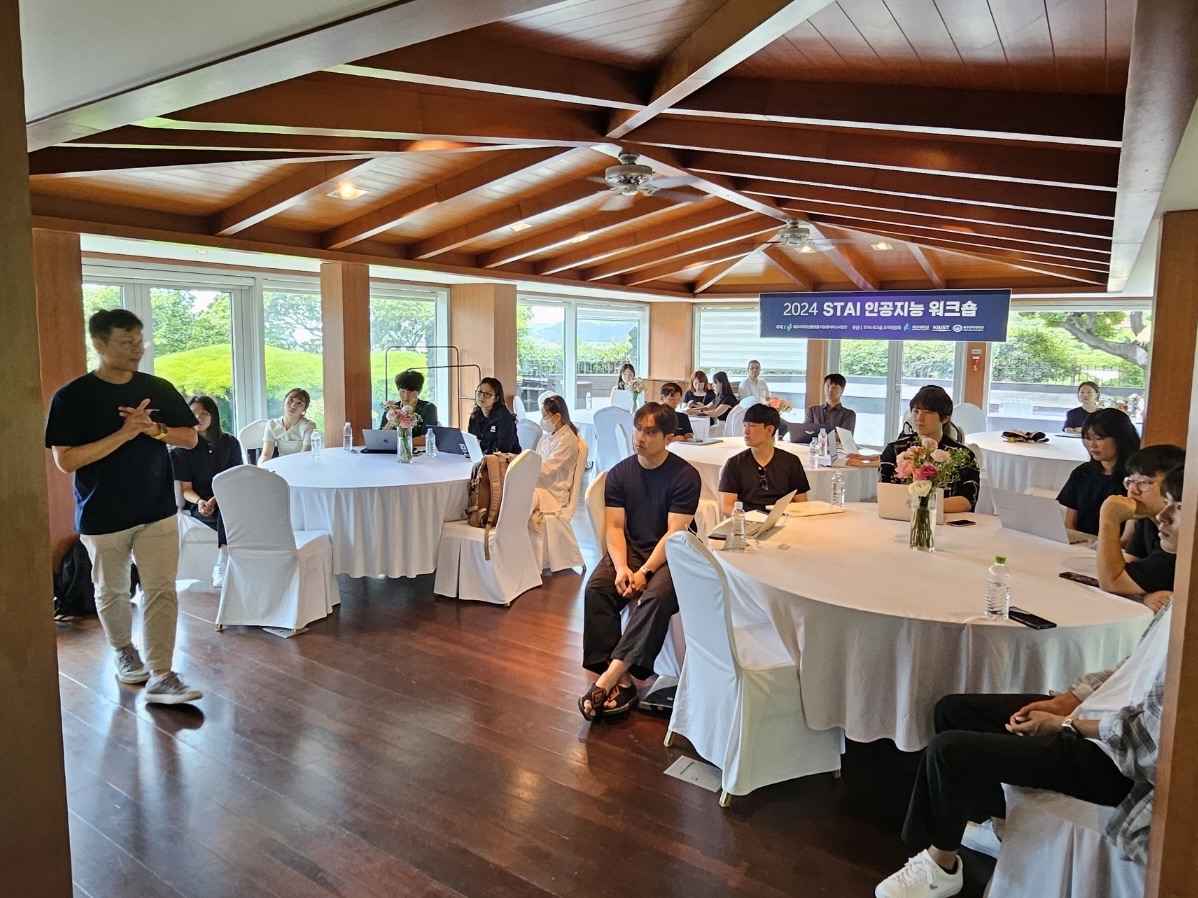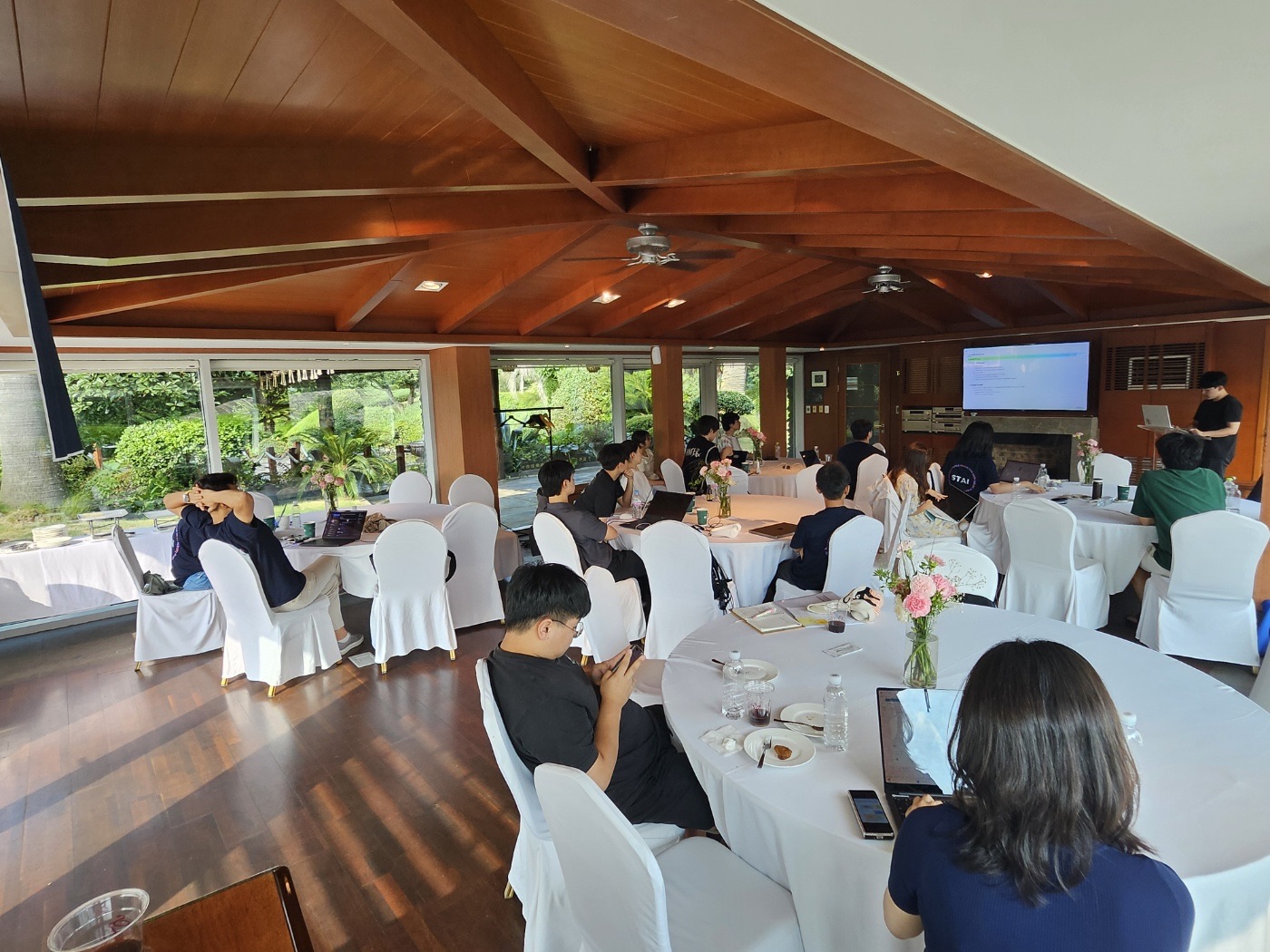STAI NLP Workshop: A Day of Hands-on Learning
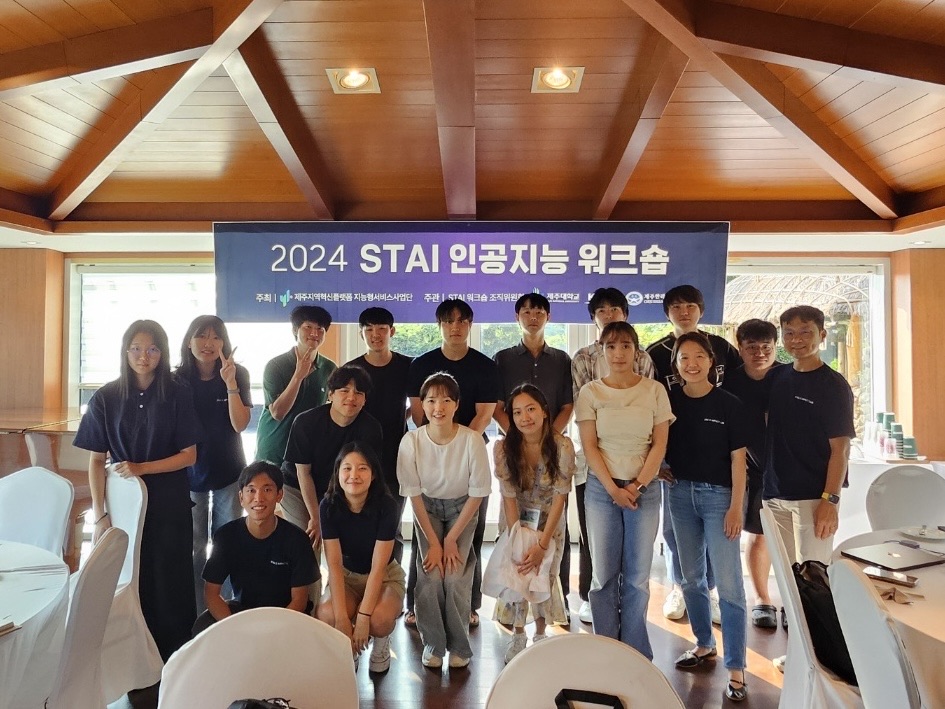
Fresh off the heels of the STAI Workshop, today I had the pleasure of participating in an intimate NLP workshop tailored for social scientists. Held at The Seaes Hotel in Jeju, this half-day session brought together about 15 participants eager to delve into the practical applications of Natural Language Processing in social science research.
The workshop was divided into three focused sessions, each led by an expert in the field:
-
Hands-on NLP for Social Science I kicked off the workshop with a session on practical NLP techniques for social scientists. We explored how to apply NLP methods to analyze textual data common in social science research, such as survey responses, social media posts, and policy documents. It was exciting to see the participants’ eyes light up as they realized the potential of these tools to enhance their research methodologies.
-
Introduction to ReportParse Next, we were fortunate to have Gaku Morio, a researcher from Hitachi America and Stanford University, introduce ReportParse. This powerful tool is designed to extract structured information from unstructured reports, a capability that could revolutionize how social scientists handle large volumes of textual data. Gaku’s presentation was both informative and engaging, sparking numerous questions and discussions among the attendees.
-
Introduction to Retrieval-Augmented Generation (RAG) The final session was led by Jae Yoon Lee, an engineer from Saltlux AI Labs. Jae Yoon provided a comprehensive introduction to Retrieval-Augmented Generation, moving from theoretical understanding to practical implementation. This cutting-edge technique, which combines information retrieval with text generation, has enormous potential for enhancing the accuracy and relevance of AI-generated text in social science contexts.
What struck me most about this workshop was the enthusiasm and engagement of the participants. Despite the technical nature of the content, everyone was eager to learn and quick to see the potential applications in their own research. The intimate setting allowed for rich discussions and personalized attention, ensuring that everyone left with a solid grasp of the material.
As we wrapped up the day, I couldn’t help but reflect on how far NLP has come and how it’s transforming research across disciplines. This workshop, following right after the STAI event, emphasized the growing intersection of AI, NLP, and various fields of study. It’s clear that these tools are not just for computer scientists anymore – they’re becoming essential skills for researchers in all areas of social science.
